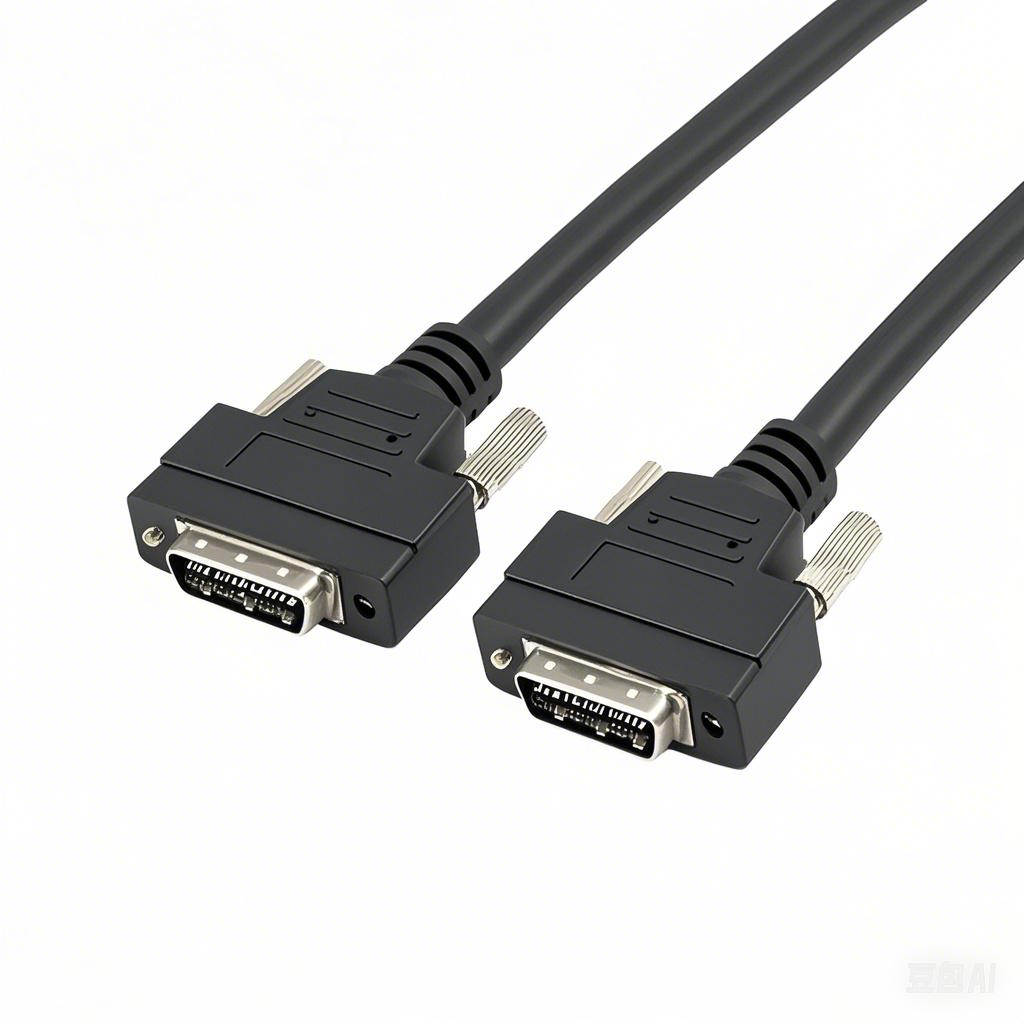Are there flexible machine cable options available?
The answer is a definite yes. In the realm of industrial machinery, where movement, vibration, and tight spaces are common, flexible machine cables have become essential components. These cables are specifically designed to withstand repeated bending, twisting, and flexing without compromising their electrical performance or structural integrity, making them suitable for a wide range of applications.
One common type is the polyurethane (PU) jacketed flexible cable. PU is a durable material that offers excellent resistance to abrasion, oil, and chemicals, which is crucial in harsh industrial environments. These cables can handle continuous flexing, even in applications involving robotic arms, conveyor systems, or machinery with moving parts that require the cable to bend repeatedly. Their flexibility remains consistent over a broad temperature range, from low to moderately high, ensuring reliable operation in varying conditions.
Another option is the flexible PVC (polyvinyl chloride) cable. While PVC is not as resistant to extreme abrasion as PU, it provides good flexibility at a more economical price point. It works well in less demanding industrial settings where the cable is subject to occasional flexing, such as in small machinery, power tools, or equipment with limited movement. However, it’s important to note that PVC may not be the best choice in high-temperature environments as it can become stiff or degrade.
Silicone-jacketed flexible cables are ideal for applications involving high temperatures. Silicone can withstand extreme heat, often up to 200°C or higher, while maintaining its flexibility. These cables are commonly used in machinery near furnaces, ovens, or other heat sources, where traditional cables would fail due to heat damage. They also offer good resistance to ozone and weathering, making them suitable for both indoor and outdoor use in certain industrial setups.
For applications requiring enhanced flexibility in tight spaces, there are also highly flexible twisted pair or multi-core cables. These cables are constructed with fine, stranded conductors that allow for a smaller bending radius. The stranding of the conductors reduces the stress on the cable when bent, preventing conductor breakage. They are often used in control systems, where cables need to be routed through narrow channels or around moving components with minimal space.
When selecting a flexible machine cable, several factors should be considered. The number of flex cycles the cable will undergo is critical – some cables are rated for millions of cycles, while others are designed for less frequent movement. The environmental conditions, such as temperature, exposure to chemicals, oils, or moisture, must also be taken into account to ensure the cable’s jacket material can withstand these elements. Additionally, the electrical requirements, including voltage, current, and the number of conductors needed, play a role in choosing the right cable.
In conclusion, there is a wide array of flexible machine cable options available to meet the diverse needs of industrial machinery. From PU and PVC jackets to silicone coatings, and from standard flexibility to high-flex designs, these cables provide reliable performance in applications involving movement and challenging environments. By considering the specific demands of the machinery and the operating conditions, one can select the most suitable flexible cable option.











